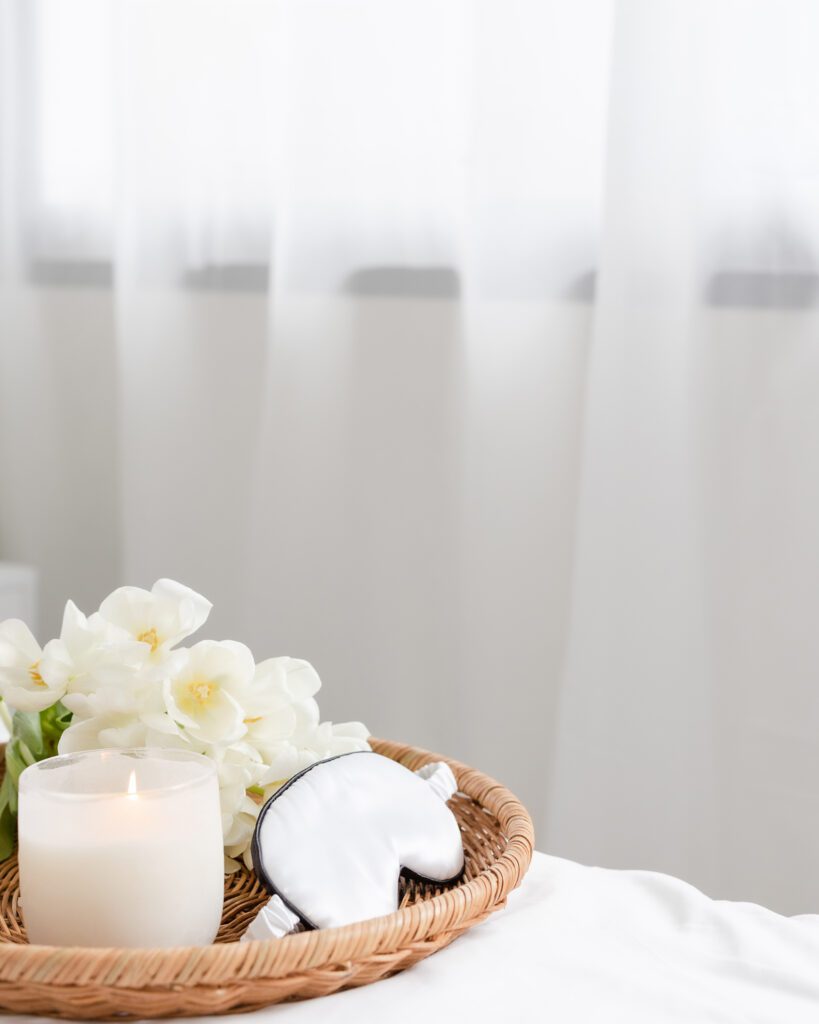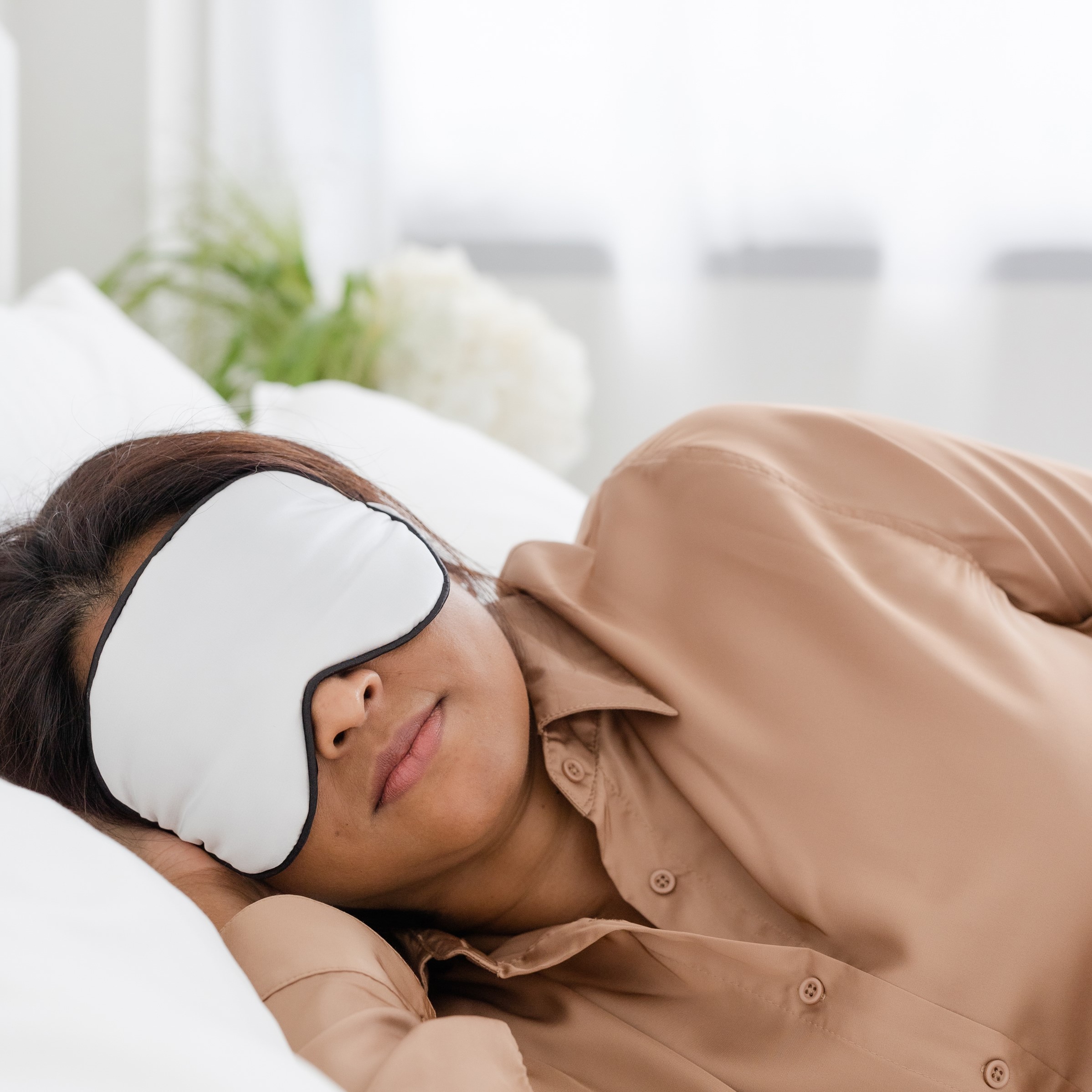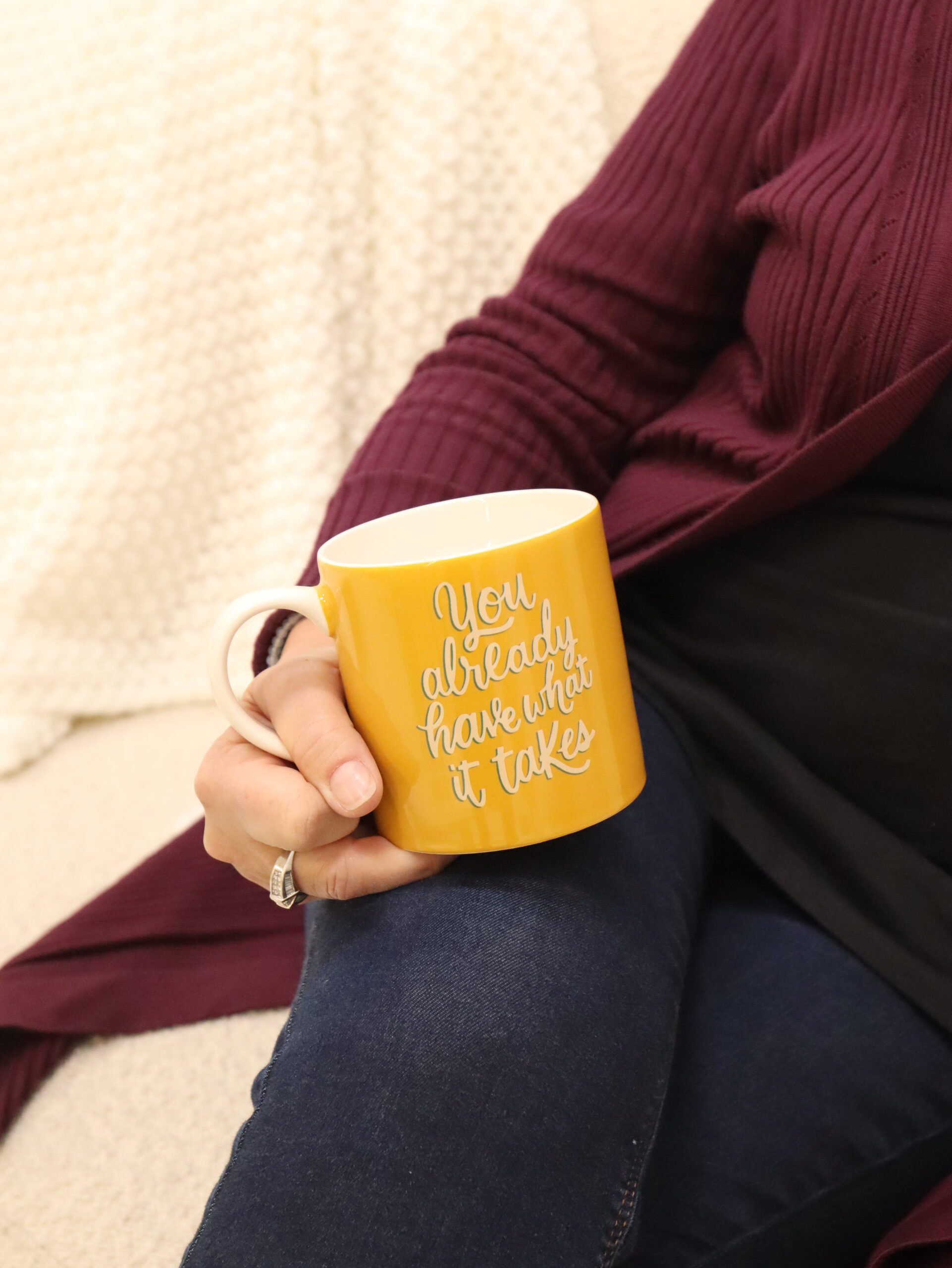By Diane Warshofsky
How many of us can relate to feeling overwhelmed, exhausted, and too busy? Most people are juggling multiple roles and responsibilities as they tend to their endless “to-do list.” In today’s fast-paced world, one can easily lose sight of the basics needed to balance the demands of life. By not maintaining good sleep hygiene, we are actually sacrificing our physical, emotional, and mental well-being.
What is Sleep Hygiene?
The National Sleep Foundation’s mission is devoted to research and providing education about the necessity of sleep. This non-profit is celebrating the 25th anniversary of Sleep Awareness Week, March 12-18, 2023. Their continued goal is to increase awareness of how to support sleep health known as sleep hygiene. Research has shown that sleep is a key ingredient for mood regulation, memory, creativity, physical health, and decision-making.
Bedtime Habits that Support Sleep Hygiene
So how do we shift into a mindset that supports our overall health? We first need to make sleep a priority. This mindset combined with intentional changes to our habits and our sleep space over time can improve the quality of your sleep. Let’s explore some changes that can support healthy sleep habits. Remember, these can be adjusted to fit your personal needs!
Keep a Sleep Schedule with a Consistent Bedtime Routine: Waking up and going to sleep about the same time every day as well as having a consistent bedtime routine can train your mind to wind down as bedtime approaches. The discipline to carry these out is not easy, but the benefit of feeling rested is very convincing.
Dim the Lighting in Your Room: Bright light can decrease the production of melatonin, a hormone that makes sleep possible. So, consider how you might change the lighting in your sleep space. Some people find the use of room-darkening curtains or an eye mask helpful to keep from being stimulated once asleep.
Unplug from Electronics: This is definitely the biggest challenge we have today, and it will require some self-reflection. Having a lifestyle mindset can help you remember how healthy sleep can support your goals for the next day. A 30-60 minute window of device-free time can give your mind permission to slow down. Alternatives are reading a book, soft music, or light stretching.
Relaxation: We cannot shift from being on the go to a deep sleep without a transition plan. Give yourself permission to take the time to unwind with practices that have a calming effect. Relaxation can be done with the use of meditation, breathing exercises, and/or light scents like lavender. It is like pumping the brakes at the end of your day!
Don’t Toss and Turn: If you haven’t gotten to sleep after 20 minutes, get up and stretch, meditate, or do something else calming in low light before trying to fall asleep again. Sometimes writing down those thoughts that are keeping you up can also be helpful.
Optimize Your Bedroom: Did you know that the state of your bedroom can make or break a good night’s sleep? The goal is to create a sanctuary that promotes tranquility. Styles do vary individually, but these tips can support sleep hygiene:
- Comfort is key with sleep hygiene, so take the time to choose the best sheets, blankets, mattress, and pillow for your needs.
- A lower temperature setting can keep you from waking due to feeling too hot.
- Ear plugs or some white noise (sound machine or fan) can support uninterrupted sleep.

Ease into the Practice of Sleep Hygiene
Remember that changes are made over time! Begin with habits that fit naturally into your present routine. Transform your sleep space into a place that invites you to experience comfort, peace, and quiet. Sleep hygiene varies individually, which gives you the freedom to make it yours.
If you continue to have insomnia or daytime fatigue, contact your doctor or get engaged in therapy to help determine some helpful ways to embrace healthy sleep habits. Some discover they need to address medical conditions like sleep apnea while others might need support with their mental health.
For more information about sleep hygiene, check out the National Sleep Foundation’s website.




